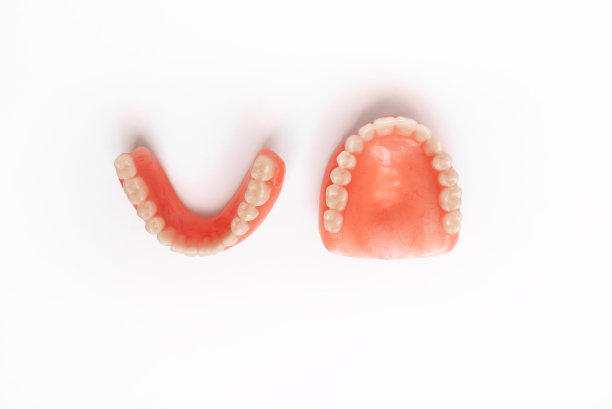Essential Guidelines and Precautions to Ensure Success After a Dental Filling Procedure and Promote Oral Health
Summary: After undergoing a dental filling procedure, it is essential to follow specific guidelines and precautions to ensure a successful recovery and promote long-term oral health. This article explores key aspects, including immediate post-procedure care, dietary considerations, oral hygiene practices, and the importance of regular dental check-ups. Following these guidelines can help alleviate discomfort, prevent complications, and maintain optimal oral health following dental treatment.
1. Immediate Post-Procedure Care Guidelines

Immediately after receiving a dental filling, it鈥檚 crucial to monitor your mouth for any discomfort or unusual sensations. While some mild discomfort is expected, anything beyond that should prompt you to contact your dentist. Utilizing over-the-counter pain relievers may help alleviate any discomfort you feel in the immediate aftermath.
Moreover, if the dental filling was placed using local anesthesia, you might experience numbness in your lips and tongue. To avoid accidentally biting your lip, it is advisable to wait until the numbness subsides before eating or drinking. Patients should also refrain from touching the area with their tongue, as this can lead to unnecessary irritation.
Lastly, be cautious when engaging in physical activities. Activities that exert pressure on your jaw can lead to excessive strain on the newly filled tooth. Therefore, resting and avoiding vigorous movements in the first few days post-treatment can be beneficial.
2. Dietary Considerations After Filling
Dietary choices play a crucial role in recovery following a dental filling. Initially, it鈥檚 best to stick to soft foods that require minimal chewing. Foods like yogurt, pudding, and mashed potatoes are excellent choices during the first 24 hours after the procedure.
As a precaution, avoid extremely hot or cold foods and beverages as they can cause discomfort and might disturb the fillings integrity. In particular, ice cream and hot soups can lead to sensitivity issues. Once you feel more comfortable, slowly reintroducing solid foods is advised, but be cautious around the filled area.
Furthermore, steer clear of sticky or hard foods that might dislodge or damage the filling. Chewing gum, caramel, or hard candies should be avoided until you are sure the filling has settled properly. This will help in maintaining the dental work done and support optimal healing.
3. Importance of Oral Hygiene Practices
Maintaining proper oral hygiene is vital, especially after receiving a dental filling. It is crucial to resume your usual oral care routine, including brushing and flossing, as soon as possible. However, take extra care around the filled area to ensure that you don鈥檛 accidentally cause damage or irritation.
Utilizing a soft-bristled toothbrush can help prevent undue stress on your dental filling. Additionally, a fluoride mouthwash can provide added protection against cavities around the filling site. Regular brushing helps to prevent plaque build-up and keeps gums healthy, which is important for overall oral health.
If you notice any sensitivity or pain while brushing, consult your dentist. Sensitivity can sometimes occur after dental work, but it鈥檚 essential to ensure that it doesnt signify a complication. Seeking immediate advice can help address any issues and fortify your dental health.
4. Regular Dental Check-Ups are Essential
One of the most effective ways to promote oral health after a filling is to schedule regular dental check-ups. Visiting your dentist at least twice a year allows for professional assessments of your oral health and the condition of your fillings. Regular cleanings minimize plaque build-up and prevent potential issues from developing.
During these visits, your dentist can identify any irregularities with your filling or surrounding teeth and recommend necessary interventions. Catching issues early can help avoid more extensive treatments down the line and preserve your overall oral health.
Consider discussing any concerns you have about your filling with your dentist, including questions about sensitivity or maintenance. A strong partnership with your dental care provider can significantly impact the longevity of your filling and your overall dental health.
Summary:
Adhering to essential guidelines and precautions after a dental filling is integral in ensuring a successful recovery and promoting long-lasting oral health. From immediate care and dietary choices to maintaining hygiene and scheduling regular check-ups, there are multiple facets to ensure your dental work remains intact. Paying close attention to these details supports not just your recovery but a healthier mouth overall.
This article is compiled by Vickong Dental and the content is for reference only



